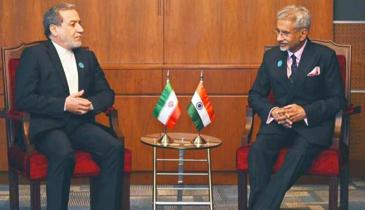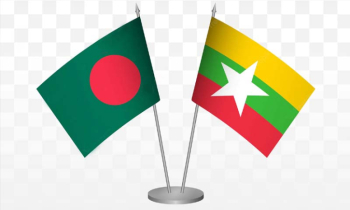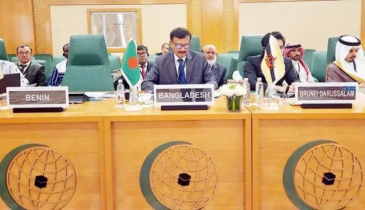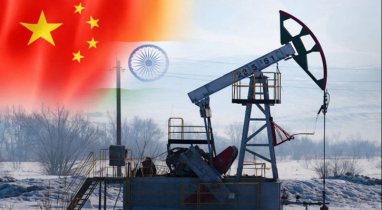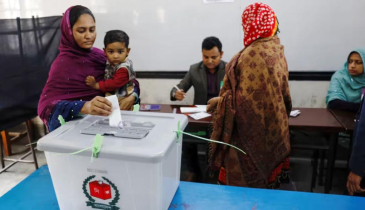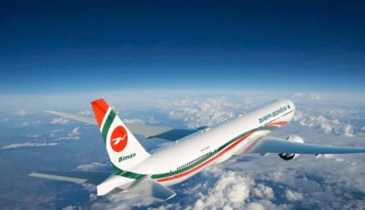Sri Lanka implements tax hike ahead of foreign debt deal
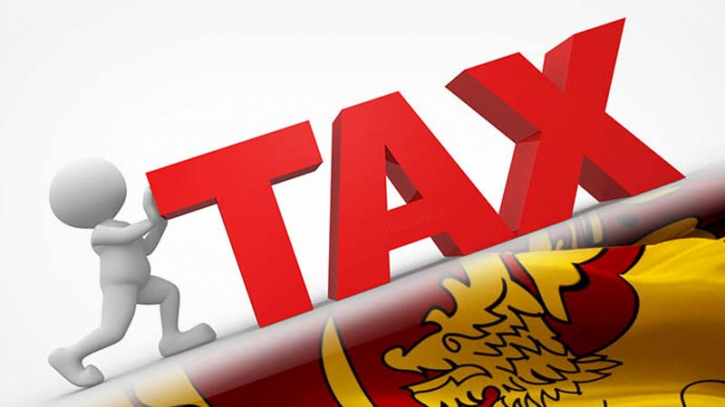
Sri Lanka has introduced a new 18 percent value added tax (VAT) on fuel, mobile phones, and computers starting from Monday.
This move is part of an effort to generate essential revenue as the country navigates its way out of a severe economic downturn.
Additionally, the government has increased the earlier 15 percent VAT applied to various consumer goods to 18 percent. These measures are aimed at stabilizing the country's finances as it emerges from one of its most challenging economic crises to date.
President Ranil Wickremesinghe acknowledging the tough road ahead, emphasized the necessity of navigating through these demanding challenges for the sake of achieving economic stability. He underscored this sentiment in his New Year message to the nation.
The economic turmoil that engulfed the nation led to months of civil unrest, culminating in the resignation of former President Gotabaya Rajapaksa when protesters stormed his residence in July 2022.
His successor President Wickremesinghe, has taken proactive steps, including tax hikes and reducing government subsidies, in alignment with the conditions outlined in the International Monetary Fund (IMF) bailout program. Furthermore, his administration has adopted a stringent stance on anti-government protests.
As part of the IMF rescue program, President Wickremesinghe is mandated to finalize a restructuring plan for Sri Lanka's $46 billion external debt by May. This obligation follows a government default on debt payments in 2022, necessitating urgent action and negotiation to address the country's financial obligations.
These measures and negotiations signal the government's commitment to stabilizing Sri Lanka's economy and charting a course towards sustainable financial recovery.
.png)


